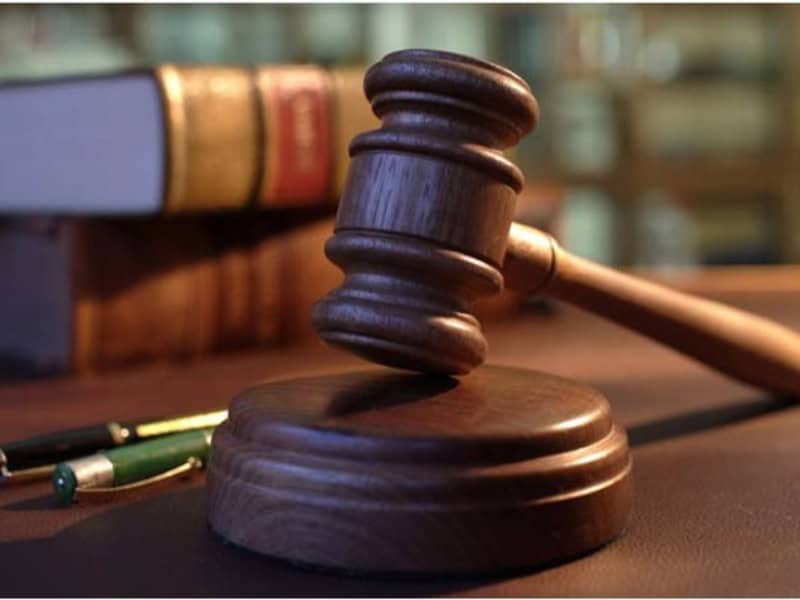New Delhi: The Supreme Court on Tuesday refused urgent hearing on a review petition filed against the verdict of allowing entry of women of all ages in Kerala’s Sabarimala temple.
A bench, headed by Chief Justice Gogoi, said that the petitions will be listed in the usual course, after advocate Mathew J Nedumpara, appearing for Lord Ayappa devotees association sought urgent hearing of the case.
Lord Ayappa Devotees Association sought urgent hearing of the review petitions saying the temple would be opened on October 16.
They asked the court to hear the review pleas before the Supreme Court goes in for holidays from October 12.
Advocate Nedumpara said that for the implementation of the order of the top court, Kerala is making all arrangements to allow women of all age groups to enter the temple.
The Ayyappa devotees, in their plea, said that apex court’s judgement was against the “fundamental right of belief and faith”.
The Supreme Court’s judgement in the Sabarimala case has sent shock waves among millions of Ayyappa devotees, said their petition.
They contended that they were not a party in the case in which the apex court had passed the judgement and thus should now be heard.
On September 28, the Constitution bench of the apex court had allowed entry of women, aged between 10 and 50, to enter into the temple.
The court had held that not allowing women of all age to enter into the temple was “irrational and arbitrary”.
Four review petitions have been filed against the Sabarimala judgement.
Before the judgement, women aged 10 to 50 were not allowed to visit the temple as per ‘traditions’.
Meanwhile, Lord Ayyappa devotees in Kerala’s Trivandrum organised ‘Ayyappa Nama Japa Yatra’ to Raj Bhavan as a mark of protest against the verdict.
Scores of devotees gathered at the venue to walk to the Raj Bhavan while chanting hymns in praise of Lord Ayyappa.
The Sabarimala Temple, located in Kerala’s Pathanamthitta district, is dedicated to the Hindu deity Ayyappa. The temple management argues that the deity is eternal celibate, and thus women of menstruating ages should be forbidden from entering the temple.
[source_without_link]ANI[/source_without_link]

